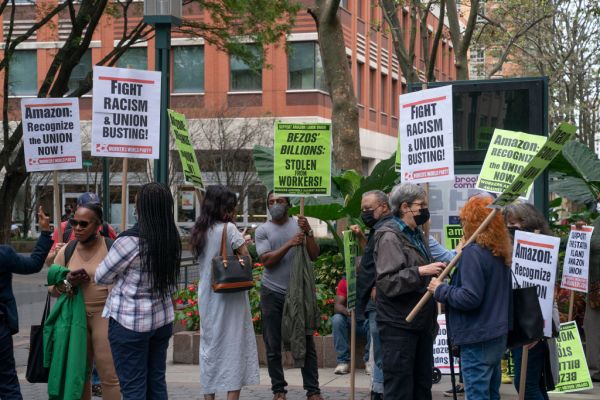Palestinians Criticize U.S. Stand On Mideast Violence
They complained of statements by senior U.S. officials Thursday, June 13, singling out Islamic resistance movement Hamas as the main culprit in the bloodshed that has left more than 60 people – mostly Palestinians – dead since a peace summit in Jordan on June 4, which American President George W. Bush attended.
"We are asking the United States to put pressure on the Israeli government" to halt its attacks, said Nabil Abu Rudeina, top adviser to Palestinian leader Yasser Arafat.
"It is not acceptable to put pressure only on the Palestinian side because the Israelis are continuing their escalation and aggression," he told Agence France-Presse (AFP).
"International Intervention"
Abu Rudeina said the spate of Israeli helicopter attacks that has killed more than two dozen Palestinians this week threatened efforts to implement the "roadmap" for peace pushed by Bush at the summit in Aqaba, Jordan.
"We need international intervention immediately to stop the Israeli escalation and aggression," he said, adding that the "next 48 hours will be very critical" to prospects for salvaging the peace process, but did not elaborate.
Two Palestinians were killed in exchanges of fire with Israeli soldiers in the northern West Bank city of Jenin Thursday night, few hours after seven others, including a three-year-old, breathed their last in a raid on Gaza.
The United States reprimanded Israel for a helicopter raid on Tuesday, June 10, aimed at assassinating a senior Hamas leader, triggering off a revenge bus blast that left 17 other Israeli dead the following day. The strike on Rantissi was a violation of the roadmap for peace, which both Israel and the Palestinians accepted.
Many Arab peoples consider Palestinian factions as resistance groups seeking an end to more than 50 years of Israeli occupation and long-held dreams of independence and return of millions of Palestinian refugees.
According to a poll published Friday by Israeli press, two-thirds of Israelis want a halt to their country’s practice of "targeted killings" of Palestinian activists, which escalated in recent days.
The poll showed that 75 percent of Israelis expected Bush to put pressure on Israel to implement the roadmap for peace that provides for confidence-building measures ahead of establishment of a Palestinian state in 2005.
Twenty-two percent thought Bush would not put pressure on the Jewish state and three percent had no opinion.
White House spokesman Ari Fleischer made it clear Thursday that Israel was not the problem for Washington. "The terrorists are Hamas," he said. "They are the enemies to peace, in the president’s judgment."
U.S. Secretary of State Colin Powell said he made a round of phone calls to Middle East leaders urging them to "come down hard" on Hamas, the Palestinian Islamic Jihad and what he called "other terrorist organizations."
‘Oil On Fire’
Ismail Abu Shanab, a senior Hamas official, complained that the United States was encouraging Israeli Prime Minister Ariel Sharon to "wage war on the Palestinian people.
"These statements can only promote new Zionist aggression and throw oil on the fire," he said.
Israeli Internal Security Minister Tzachi Hanegbi warned Hamas leaders Thursday that all of them are "targeted", shortly after press reports said that the Israeli army was asked to "wipe out" the group.
Washington also put the new Palestinian prime minister, Mahmud Abbas, on notice that it expected him to rein in the fighters. But the violence has changed Israeli attitudes toward Abbas from cautious curiosity to outright scorn and ridicule.
Israeli radio Thursday quoted Sharon as describing Abbas as "a featherless little chick who needs to be assisted in his fight against terrorism until his feathers start growing."
Abbas has been seeking to keep a dialogue open with resistance groups, but Hamas and the Islamic Jihad group were infuriated by his vow at the Aqaba summit to stamp out what he called their "terrorist" activities.
Palestinian officials complained that Abbas came under pressure in the summit to condemn resistance operations with equal decisive call on Israel to end continued aggressions against Palestinian-ruled areas.
A senior Hamas official, who asked not to be named, said the group had held "consultations" with members of Abbas’ government but no formal meetings at this stage.


